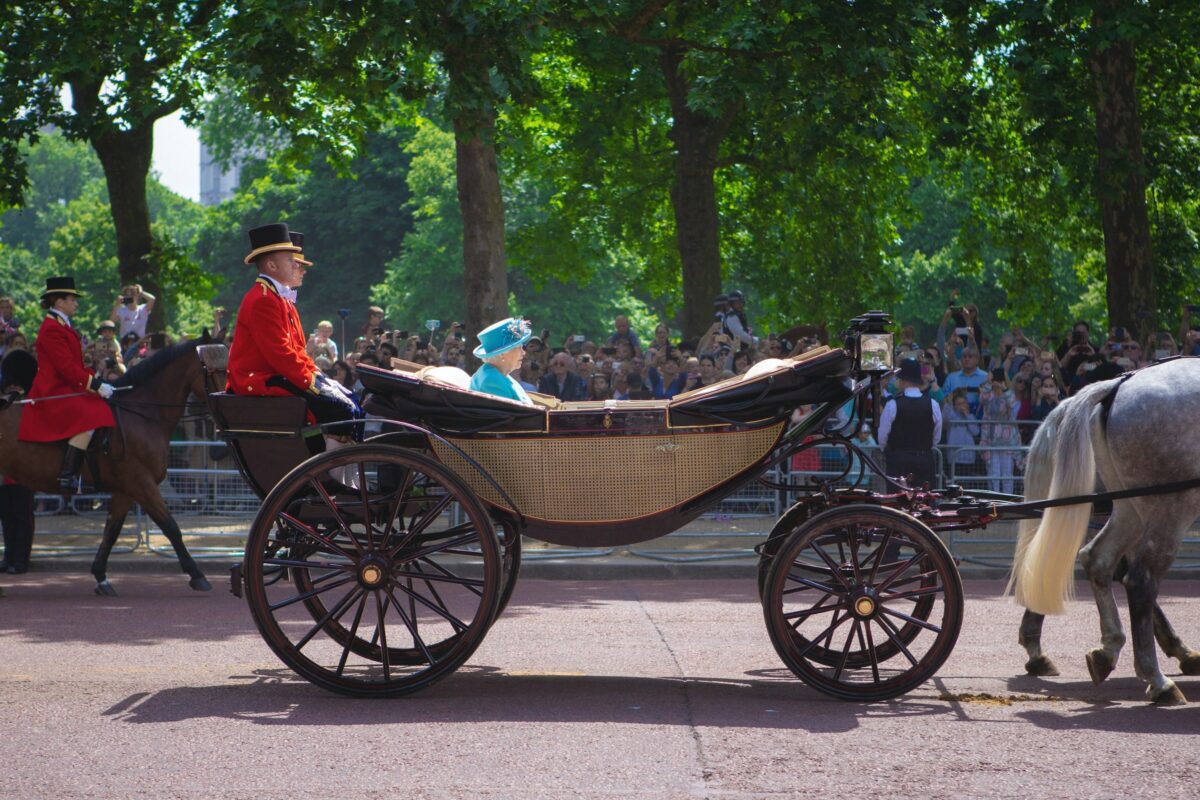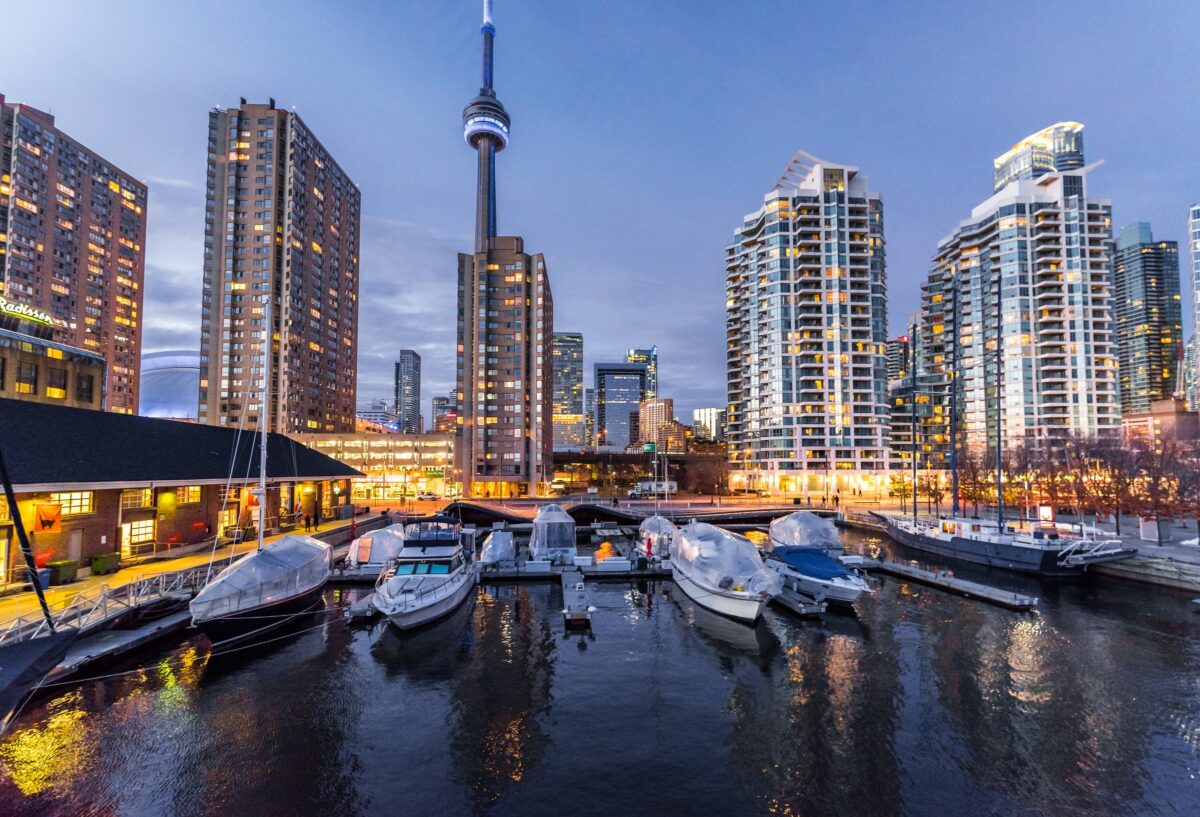Developers in England will be able to replace the habitats they destroy with completely different ones thanks to a new biodiversity regulation.
When the phone rang, Peter Gantlett was in the fields. It’s the second bizarre call in recent days pitching newt ponds to his family’s organic farm in southwest England.
Throughout the past year, as the government has implemented measures to safeguard great crested newts, an endangered species threatened by housing and infrastructure development, ponds have been popping up all over the country. Environmental service providers like those who have been getting in touch with Peter negotiate agreements to provide new habitats for these animals on private property.
The main incentive for hosting ponds right now is a one-time payout, but that is about to change. A new legislation that will go into effect in England next year will establish the first national market for biodiversity offsets, which could make such areas a reliable source of income. Peter and his family may start getting a lot more phone calls regarding ponds and other habitats soon.
Developers are now required to make up 110% of any environmental harm caused by their development under the new “biodiversity net gain” law. If the developer is unable to carry out this work on-site, it can nevertheless do so through a national market for biodiversity offsets, a kind of token that represents a unit of newly produced, improved, and maintained habitat.
Controversially, the law will let developers to make investments in ecosystems that are utterly unrelated to those they destroyed, sparking worries that England’s landscapes could fundamentally change and cause a catastrophe for nature.
According to Frédéric Hache, executive director of the Green Finance Observatory and lecturer in sustainable finance at Sciences Po, a university in Paris, “There’s a strong risk that developers will all focus on the cheapest and fastest habitats to restore, leading to a decline in biodiversity.” The offsets are, in effect, “permits to destroy,” he said.
A representative for the UK government department in charge of enforcing the proposed law, the Department for Environment, Food and Rural Affairs, stated that the rule “will require most habitats to be replaced on a like for like or higher basis.”
The “biodiversity units” that make up the offset credits are valued by taking into account a habitat parcel’s size, uniqueness, condition, and strategic importance. If a habitat is rare or in decline, it receives a higher “distinctiveness” rating than habitats that are more common. Strategic significance refers to whether the habitat may be related to others in its type or if it satisfies specific regional biodiversity goals.
In other words, even though the species and environment are entirely different, hectares of grassland might be replaced by a newt pond as long as there is an overall net benefit based on this criterion.
A lot depends on the UK handling this correctly. Its biodiversity offsetting law may have an impact on numerous similar rules. While talks about a biodiversity counterpart of the historic Paris climate accord are taking place at the UN, the EU is currently formulating its own natural restoration targets and methods. Studies on comparable biodiversity offsetting programs in Canada, Australia, and worldwide have indicated that only a small percentage of them succeed in achieving their goals.
The UK government expects individual biodiversity units to fetch £20,000 on average, and estimates that the market value could reach up to £274 million per year. EnTrade, a subsidiary of Malaysian construction giant YTL, Landscape Enterprise Networks, a joint venture between Nestlé and consulting firm 3Keel, and Environment Bank, which has the full support of asset management Gresham House, are among the organizations attempting to broker the agreements. Additionally, Climate Asset Management at HSBC has shown interest. Investors in the UK and elsewhere are setting themselves up to benefit from the projected $93 billion worldwide market for biodiversity investment products by 2030, which has the potential to expand by 2,000%.
We hope ultimately that biodiversity as a sector becomes recognized as an investment class and that this can drive larger pools of capital, said Peter Bachmann, managing director for sustainable infrastructure at Gresham House. We see a genuinely new opportunity here.
As regulators, biologists, and economics raise the alarm about a rapid and irreversible extinction of species, the biodiversity problem is rising up corporate and investor agendas worldwide. In sustainability reports, corporate assertions of being “nature positive” or “biodiversity neutral” are becoming more common.
The new regulation and broader developing market for biodiversity offsets in the UK could lead to significant landscape change as businesses want to make up for the environmental harm they cause. According to the Environment Bank, the market in England may need at least 10,000 hectares annually, or about 8,200 football fields.
We have hundreds of inquiries each week, primarily from the construction sector, said Emma Toovey, ecology director at Environment Bank. We’re also seeing interest from the corporate market for ESG purposes, as biodiversity units used for net gain are transferable for that market too, and we can only see that increasing.
But not everyone is supportive of the private sector’s involvement in ‘natural capital’. Farmers and investment groups are competing in farm auctions in Wales as the latter want to buy land for carbon offsets, another kind of environmental asset. The National Farmers Union has issued a warning against converting farms from food production to tree planting. Stuart Roberts, the deputy president of the NFU, wrote in a letter to the Financial Times, “we cannot allow private companies to relentlessly pursue farmland in order to greenwash.”
The family is still debating whether to accept the newt pond offers and similar ones that come in back at Peter’s farm. Growing crops and raising a dairy herd are their main priorities.
There is quite a large pot of money coming for biodiversity, Peter said. But our core business is growing food and you don’t want to tie up your land, so you need to be careful what you sign up to.




